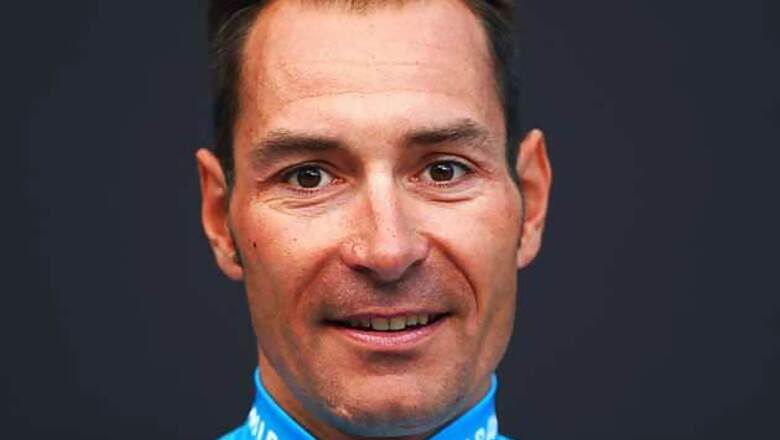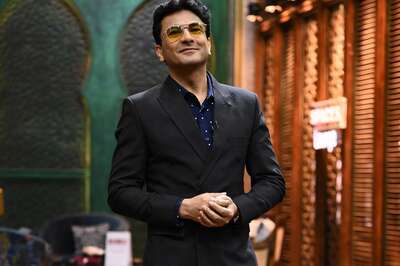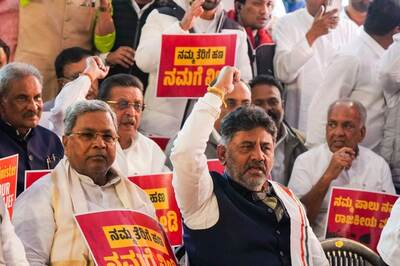
views
Berlin: Former sprint specialist Erik Zabel was suspended by Russian cycling team Katusha after he admitted to persistent doping during his cycling career.
Zabel, widely regarded as one of the sport's finest sprinters, said he had consistently used banned substances and methods to enhance his performance, ending years of insisting he had only briefly experimented with the blood booster EPO in 1996.
"Russian team Katusha announce the suspension of sprinter group coach Erik Zabel after new facts about doping during his cycling career having been revealed in news reports," it said in a statement.
The 43-year-old Zabel, whose son is also a professional rider, was a coach on the Katusha team specializing in sprint training.
In an interview published in Monday's edition of Sueddeutsche Zeitung, the German, who topped the points classification of the Tour six times before his retirement in 2008, said he had used banned drugs and illegal methods, including EPO, cortisone and blood doping, from 1996 until 2003.
"These revelations refer to Zabel's career as an active racer from 1996 to 2003 and do not have any connection with team Katusha, whatsoever," the statement said.
"The Katusha team management has decided to suspend Erik Zabel, who joined the team in 2012. As a member of Mouvement Pour un Cyclisme Credible (MPCC), Katusha follows a strong anti-doping policy."
Zabel was named in a French senate report last week as a doping offender, along with several other riders, including the top two in the 1998 Tour de France - Italian Marco Pantani, who died of a drug overdose in 2004, and German Jan Ullrich.
Ullrich himself ended years of vehement denials in June, admitting he underwent blood doping procedures.
Zabel has also resigned from his post on the Professional Cycling Council (CCP), an advisory body to the international federation UCI, and he has lost his job as sporting director at two German races.
Cycling's credibility has been pummelled by high-profile doping confessions.
American Lance Armstrong, the popular face of professional cycling who beat cancer to win the Tour seven times, had his titles stripped last year after a sophisticated doping program was uncovered by the United States Anti-Doping Agency.
He later admitted having taken performance-enhancing drugs.




















Comments
0 comment